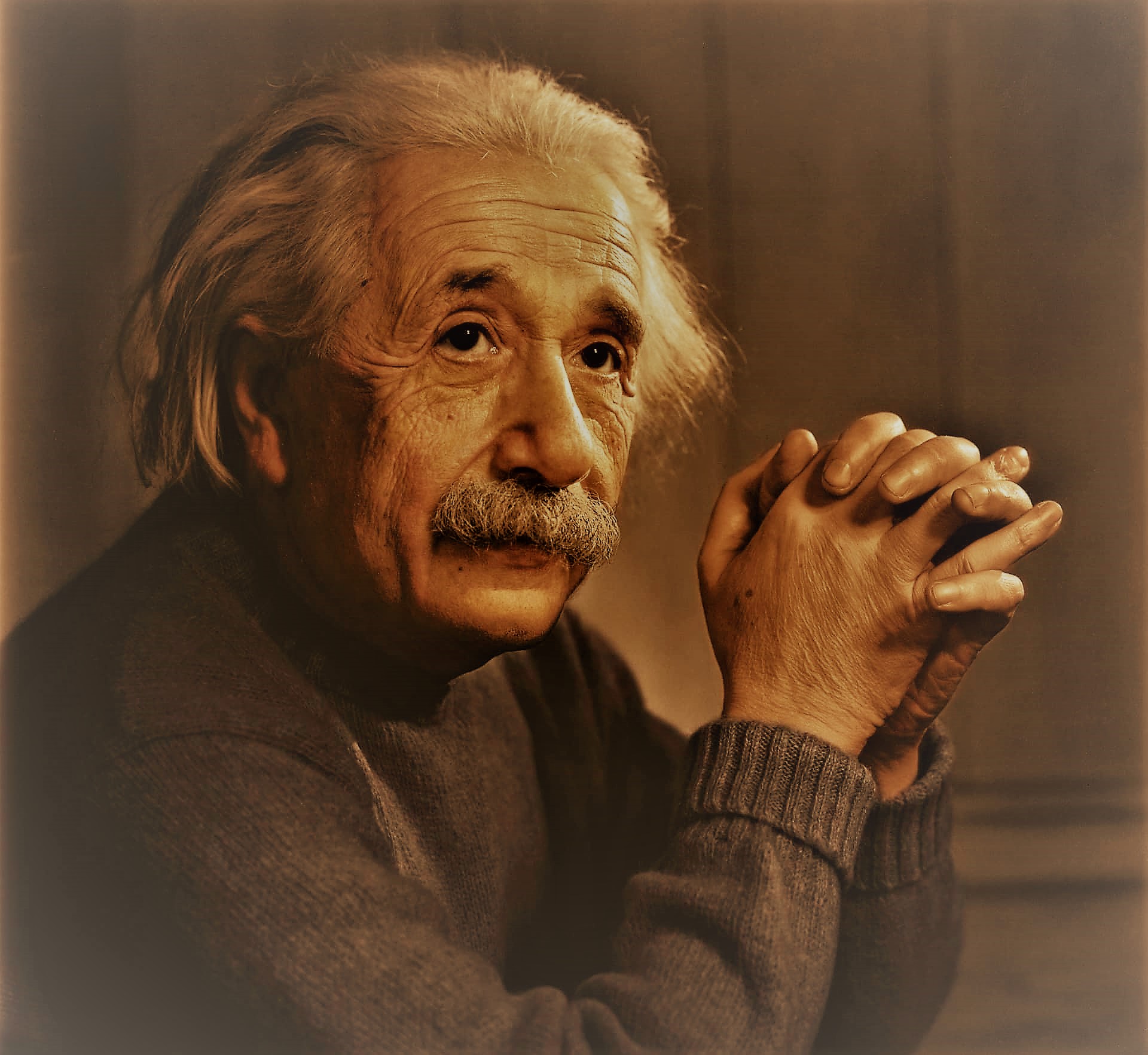Albert Einstein is one of the most renowned scientists in history, known for his groundbreaking contributions to physics. His theories, particularly the theory of relativity, have fundamentally changed our understanding of the universe. In this article, we will explore two fascinating facts about Albert Einstein that highlight his genius and impact on science.
From his early days as a curious child to becoming a Nobel Prize-winning physicist, Einstein's journey is nothing short of inspiring. His work not only revolutionized physics but also influenced various fields, including philosophy and the arts. Let's dive into these intriguing aspects of his life and work.
Understanding the legacy of Albert Einstein requires more than just recognizing his famous equation, E=mc². It involves exploring the man behind the science, his thoughts on life, and how his discoveries continue to resonate in today's world.
Table of Contents
Fact 1: His Path to Genius
Albert Einstein was not an overnight success; his journey to becoming a genius was filled with challenges and struggles. Born on March 14, 1879, in Ulm, Germany, Einstein showed an early interest in science and mathematics. However, he faced difficulties in school due to his unconventional thinking and learning style.
Some key points about his early life include:
- Struggled with formal education, often clashing with teachers.
- Developed a love for mathematics and physics at a young age.
- Failed his entrance exam to the Swiss Federal Polytechnic in 1895 but persevered and eventually graduated.
Einstein's unique perspective on scientific problems led him to develop theories that challenged the conventional understanding of physics. His work laid the groundwork for modern physics and has been pivotal in shaping contemporary scientific thought.
Fact 2: Einstein's Advocacy for Peace
Beyond his scientific achievements, Albert Einstein was a passionate advocate for peace and humanitarian causes. He strongly opposed war and violence, advocating for disarmament and civil rights throughout his life.
Some notable aspects of his advocacy include:
- Publicly denounced militarism and nationalism, especially during World War I and World War II.
- Significantly involved in the civil rights movement in the United States, speaking out against racial segregation.
- Supported the establishment of the Hebrew University of Jerusalem and campaigned for the rights of Jewish people during the rise of Nazism.
Einstein's commitment to peace and social justice reflects his belief that science should serve humanity. His advocacy work continues to inspire future generations to strive for a better world.
Biography
| Item | Details |
|---|---|
| Name | Albert Einstein |
| Birth Date | March 14, 1879 |
| Birthplace | Ulm, Germany |
| Field of Study | Theoretical Physics |
| Nobel Prize | 1921, for Physics |
| Death Date | April 18, 1955 |
| Nationality | German, Swiss, American |
Conclusion
Albert Einstein's life and work are filled with remarkable achievements and compelling narratives. From his unconventional path to genius to his steadfast commitment to peace, these two facts showcase the multifaceted nature of his character. His legacy continues to influence not only the field of physics but also the broader societal context, reminding us of the power of science as a tool for positive change.
We invite you to share your thoughts on Albert Einstein in the comments below. If you found this article informative, consider sharing it with others who might be interested in learning more about this extraordinary figure in science.
Thank you for reading, and we hope to see you back here for more engaging content on the lives of influential figures!




